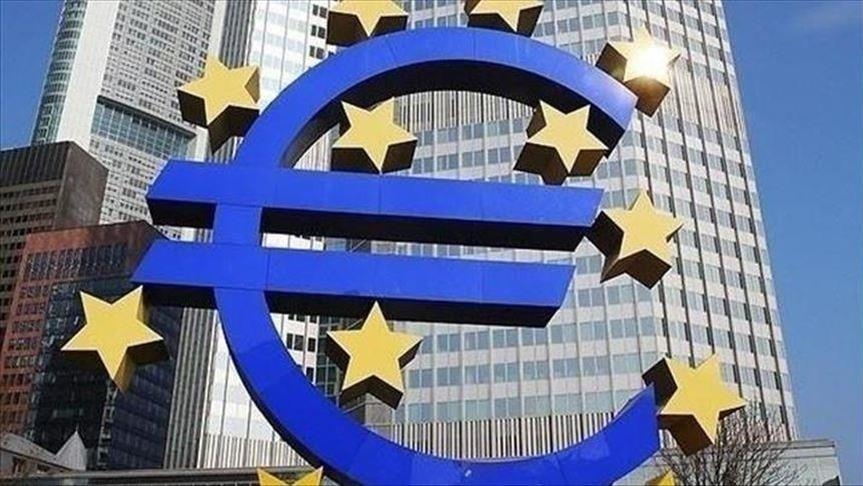2294
0
Inflation Reached Record Levels in Europe
Inflation in 19 countries in Europe rose to 5% from 4.9% in November, well above analysts' expectations of 4.7%.

Yazar: James Gordon
Yayınlanma: 7 Ocak 2022 17:47
Güncellenme: 2 Mart 2026 21:53
Inflation rose unexpectedly in Europe, possibly causing further unease at the European Central Bank, which has consistently underestimated price pressures and came under fire from some of its own policymakers for doing so.
Inflation in 19 countries in Europe rose to 5% from 4.9% in November, well above analysts' expectations of 4.7%.
Energy prices remained the main driver, up 26% year-on-year, but increases in food, services and imported goods were also well above the ECB's overall 2% inflation target, Eurostat data showed on Friday.
As the economy rebounded from the pandemic, price growth accelerated, catching the ECB off guard, which had expected a benign rise in inflation a few months ago. The ECB expects inflation to return below 2% by the end of this year.
Part of the worry is that fundamental prices – or inflation excluding volatile food and fuel prices – are above target, suggesting that industries prone to weak price pressures over the past decade are now adjusting.
As a matter of fact, inflation excluding food and fuel oil, which is closely followed by the ECB, rose from 2.6% to 2.7% in December, while a narrower measure that excludes alcohol and tobacco products remained stable at 2.6%. Both figures were slightly above expectations. Still, no action from the ECB is expected anytime soon.
The bank only went into curb and widened stimulus a few weeks ago, so a major review of its stance is unlikely before March.
The ECB also argues that wage growth, a prerequisite for durable price pressures, is anemic, with the rise in coronavirus cases likely to obscure economic activity and weigh on inflation.
İLGİLİ HABERLER





European stocks soared and focus shifted to German retail sales after Powell's speech!

Forex Signal For TRY/USD: Inflation Slowdown in November.

Forex Signal For GBP/USD: Bullish Trend Still Not Breaking While Recovery Continues.

Forex Signal For EUR/USD: Starry US Data Points to Higher Fed Increases.

Forex Signal For BTC/USD: Downside Continues as Bitcoin Recovery Moves Less.
En Popüler Haberler
Yorum Yap
Yorumlar
Henüz yorum yapan yok! İlk yorumu siz yapın...